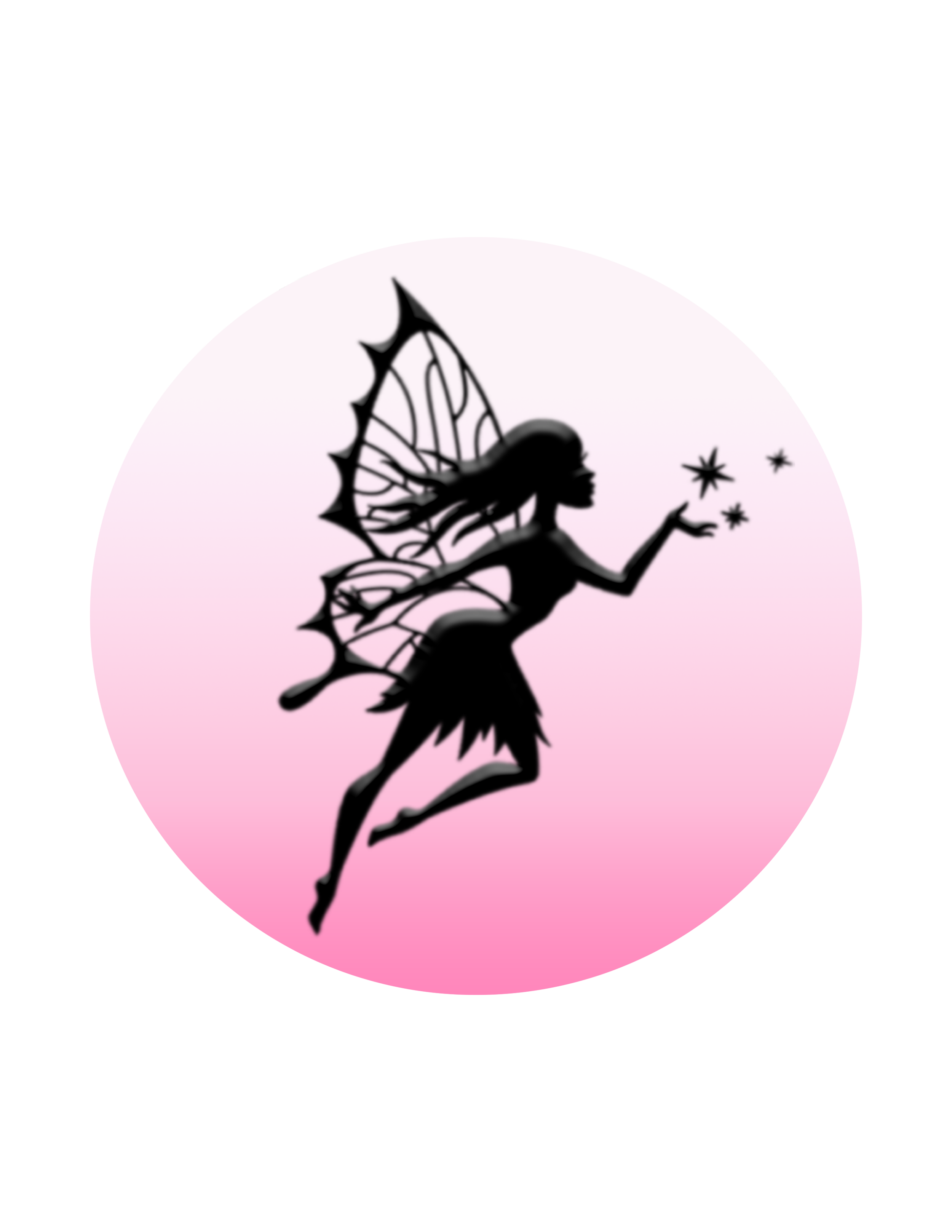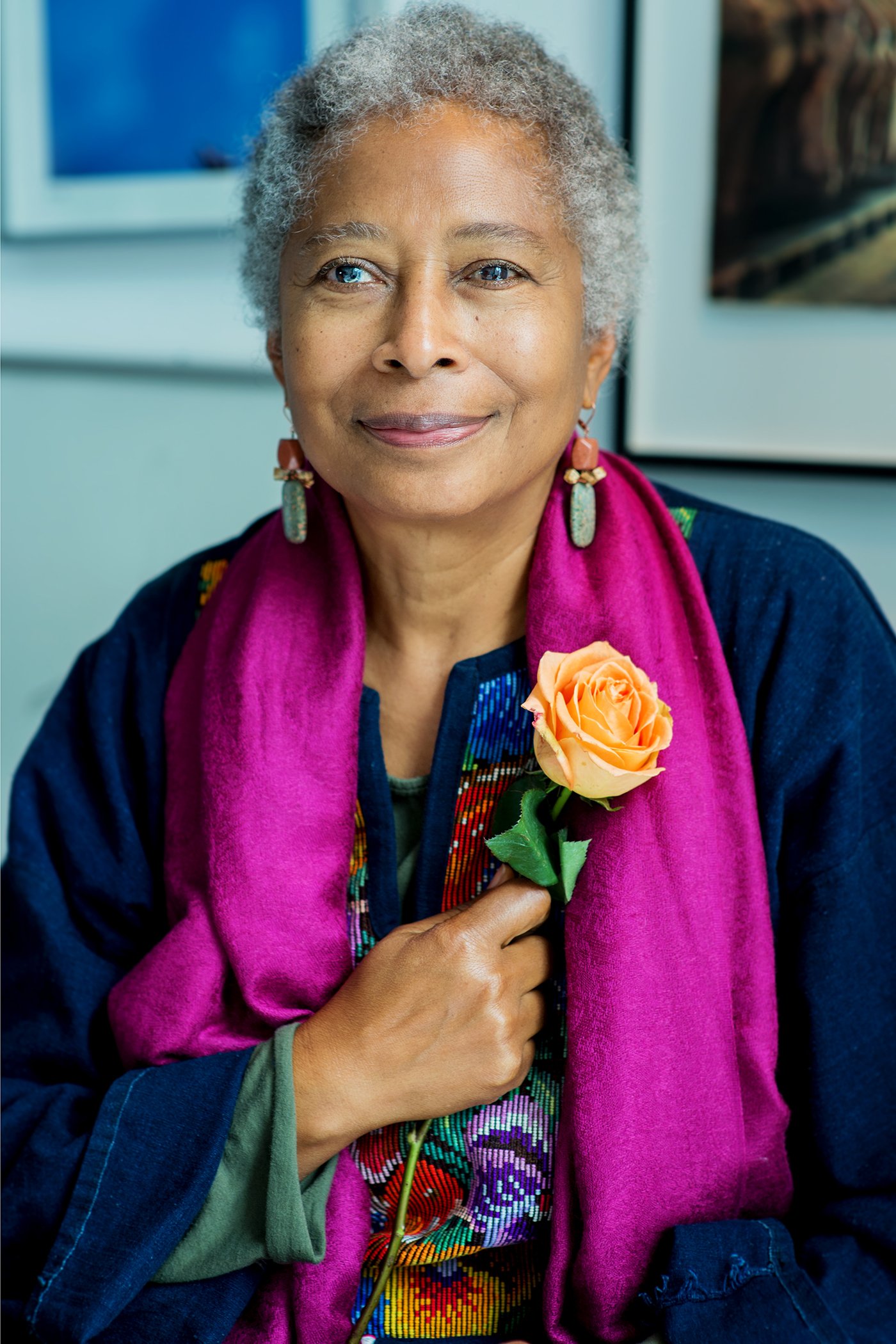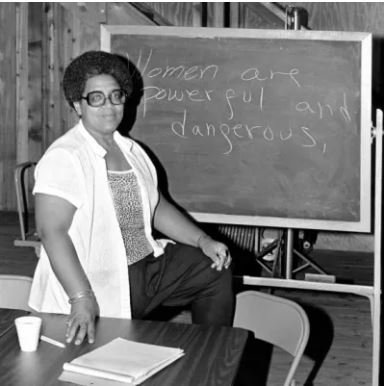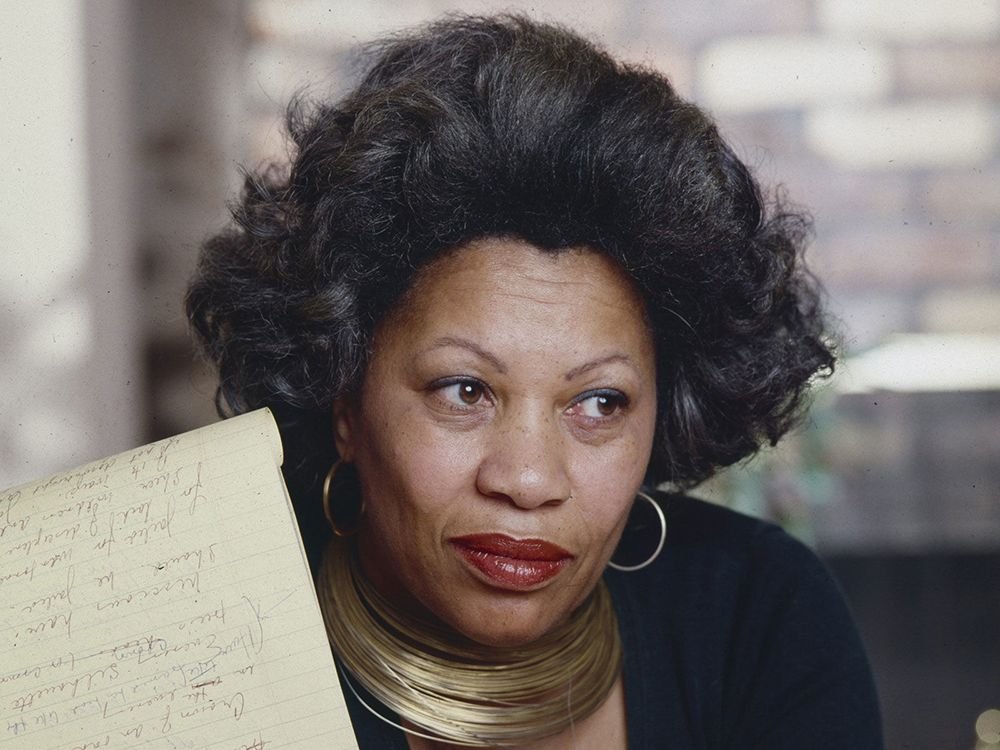This February, We Show Our Love to Black Feminist Literature
Usually, during Black History Month, it has been imperative to acknowledge our ancestors that fought for our right to have basic rights including being able to read and write. This year, let’s celebrate these three black women novelists that used the privilege of literacy to speak life into our traumas, triumphs, and interpretations of life as a black woman: Alice Walker (born February 9, 1944), Audre Lorde (born February 18, 1934), and Toni Morrison (born February 18, 1931).
Alice Walker
“Womanist is to feminist as purple is to lavender.”
The daughter of two Georgia sharecroppers, Walker was seen to have a literary gift since she was a child. After graduating valedictorian from the only black high school in her area, she went on to attend Spelman College and then transferred to Susan Lawrence College in Yonkers, New York where she graduated. From her senior year in college, she began publishing short stories and poems and became a writer-in-residence for Jackson State University and Tougaloo College, both in Mississippi. Her biggest novel is the critically acclaimed The Color Purple, which won the Pulitzer Prize for Fiction and is more known for the Steven Spielberg film adaptation featuring Whoopi Goldberg, Oprah Winfrey, and Danny Glover. She is also responsible for coining the terms “womanism” and “womanist” which means the form of feminism that advocates for women of color.
Audre Lorde
“For the master’s tools will never dismantle the master’s house. They may allow us to temporarily beat him at his own game, but they will never enable us to bring about genuine change. Racism and homophobia are real conditions of all our lives in this place and time. I urge each one of us here to reach down into that deep place of knowledge inside herself and touch that terror and loathing of any difference that lives here. See whose face it wears. Then the personal as the political can begin to illuminate all our choices.”
The daughter of two New York Caribbean immigrants, Lorde saw from a child that she communicated and saw the power of words differently. She was first published in Seventeen Magazine while still in high school. She went on to receive her bachelor’s degree at New York’s Hunter College and her master’s at the Ivy League Columbia University. After graduating, she also became a writer-in-residence for Mississippi’s Tougaloo College. Her most critically acclaimed work is Sister Outsider, a collection of essays that touches on the observations of how race, sex, class, and age play in hierarchical dynamics. She was deemed the New York poet laureate before her death.
Toni Morrison
“The function, the very serious function of racism is a distraction. It keeps you from doing your work. It keeps you explaining, over and over again, your reason for being. Somebody says you have no language and you spend twenty years proving that you do. Somebody says your head isn’t shaped properly so you have scientists working on the fact that it is. Somebody says you have no art, so you dredge that up. Somebody says you have no kingdoms, so you dredge that up. None of this is necessary. There will always be one more thing.”
A native of Lorain, Ohio, Morrison saw the necessity of retaining her heritage and uplifting the black race through her works. She was active in her high school’s drama, yearbook, and debate clubs and was an avid reader of some of the most acclaimed names in historical literature. After high school, she went on to receive her bachelor’s at the HBCU Howard University and her master’s at the Ivy League’s Cornell University. As the first black female fiction senior editor for the publishing company Random House, she saw after the works of many black authors including Chinua Achebe. Her biggest novel is the critically acclaimed Beloved, which won the Pulitzer Prize for Fiction and is more known for the film adaptation featuring Kimberly Elise, Thandiwe Newton, Oprah Winfrey, and Danny Glover. Morrison has received the Nobel Prize for multiple novels and was inducted into the Women’s Hall of Fame in 2016.



